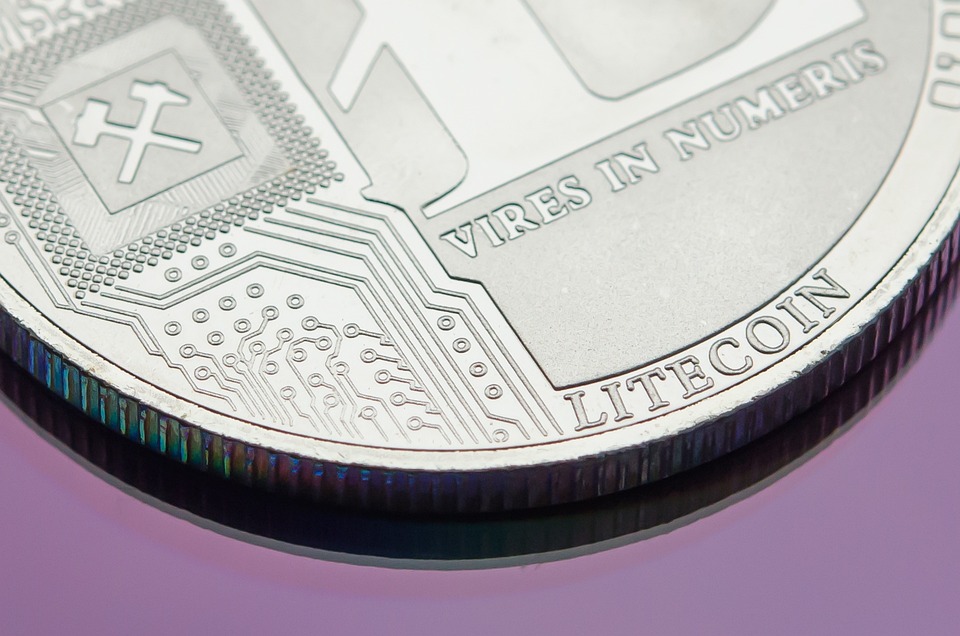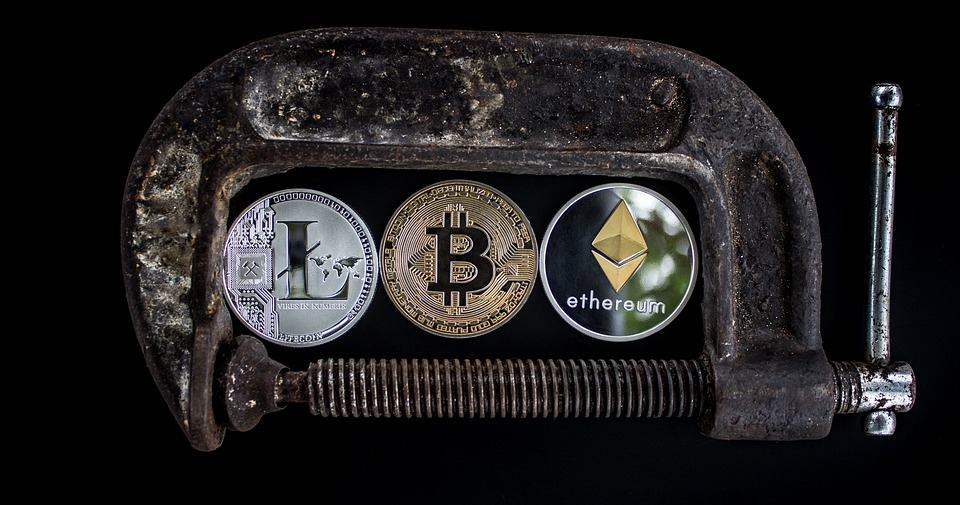Blockchain technology has been hailed as revolutionary, promising to change the way we do business, store data, and even the way we trust each other. But what exactly is blockchain, and how does it work? In this beginner’s guide, we will break down the basics of blockchain technology and explore its potential impact on various industries.
At its core, blockchain is a decentralized, distributed ledger that records transactions across multiple computers in a secure and transparent manner. Each block in the chain contains a list of transactions, along with a unique identifier called a hash. These blocks are linked together in a chain, with each new block containing the hash of the previous block, creating a permanent and unalterable record of transactions.
One of the key features of blockchain technology is its decentralized nature. Unlike traditional centralized systems, where data is stored on a single server controlled by a central authority, blockchain operates on a network of interconnected computers, known as nodes. Each node stores a copy of the entire blockchain, ensuring that no single entity has control over the data.
Another important aspect of blockchain technology is its security. Because each block is linked to the previous block through a cryptographic hash, any attempt to alter a block would cause the hash of that block to change, alerting all the nodes in the network. Additionally, the transactions recorded on the blockchain are encrypted and verified by consensus among the network participants, making it extremely difficult for malicious actors to tamper with the data.
Blockchain technology has primarily been associated with cryptocurrencies like Bitcoin and Ethereum, which use blockchain to record transactions and manage digital assets. However, the potential applications of blockchain technology go far beyond just digital currencies. Industries ranging from finance and healthcare to supply chain management and voting systems are exploring ways to leverage blockchain technology to improve transparency, security, and efficiency.
For example, in the finance industry, blockchain technology could streamline the process of clearing and settling transactions, reducing the risk of fraud and errors. In healthcare, blockchain could help securely store and share patient medical records, ensuring privacy and data integrity. In supply chain management, blockchain could track the journey of products from manufacturer to consumer, reducing counterfeiting and improving traceability.
In conclusion, blockchain technology has the potential to revolutionize the way we conduct business, store data, and trust each other. Its decentralized, secure, and transparent nature make it a powerful tool for a wide range of applications. As blockchain continues to evolve and mature, it will be exciting to see how this revolutionary technology transforms various industries and shapes the future of our digital world.




